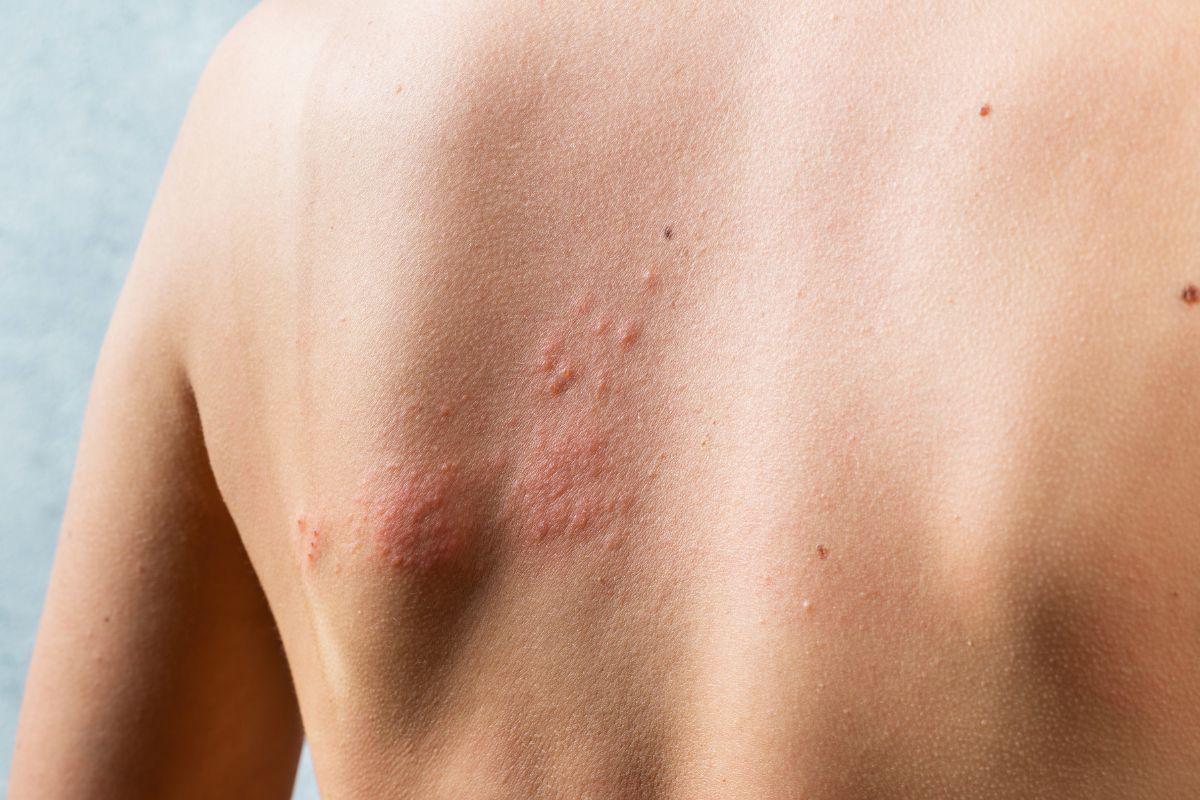Seasonal hayfever (or allergic rhinitis) is very common, affecting up to 25% of people in the UK. It typically develops during childhood and can cause symptoms such as nasal congestion, itch, sneezing and runny nose as well as effecting the eyes and causing asthma symptoms. For many it is just an irritation and can be resolved with over the counter antihistamines but for an important minority it can have a very real impact of quality of life.
Symptoms
Symptoms can affect the quality of sleep and have a knock on impact on school performance and as the pollen season often coincides with the exam season, this can be a real problem. For more severe cases, a trial of antihistamines and nasal sprays will often help but for those who still have symptoms or for those who prefer not to use these medications, there is still the option of desensitization.
Immunotherapy
Desensitization, also known as immunotherapy, is the only treatment known to actually impact on the underlying allergy itself. Whilst traditionally involving multiple injections, sublingual immunotherapy is a newer treatment which involves regular daily doses of a tablet or spray under the tongue, using highly concentrated extracts of the pollen which causes the allergy. It is very safe and if started in the months prior to the pollen season, can have a clinically significant effect on symptoms as well as the amount of medication required.
If used for 3 consecutive seasons, it can have an effect that lasts for years after the treatment is discontinued and there is some evidence it can also reduce the risk of further allergies or asthma developing. Immunotherapy is now supported by the strongest levels of medical evidence and over 1 billion doses have been given globally, assuring its safety. This treatment is available not only for tree and grass pollen allergies but also for dust mite and pet allergies such as cat, dog and horse. A similar approach is also now being used for food allergies in highly selected children with milk and egg allergy as well as starting to be used for nut allergies.



